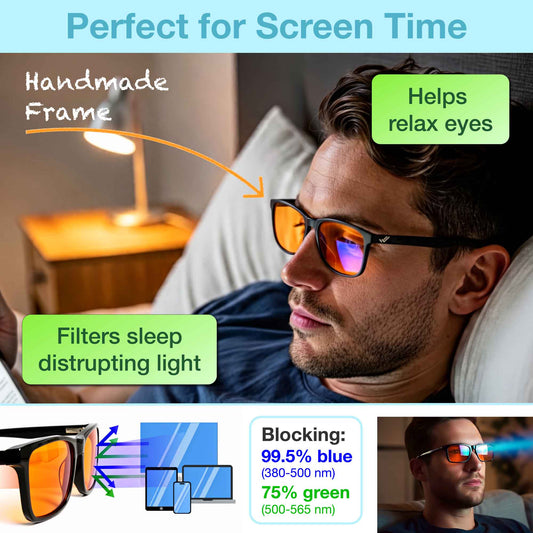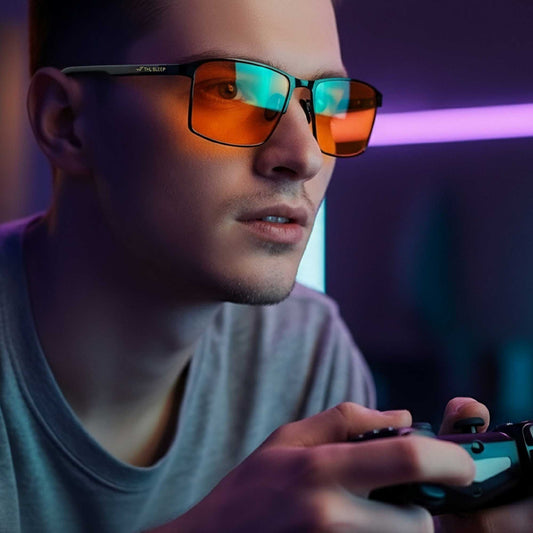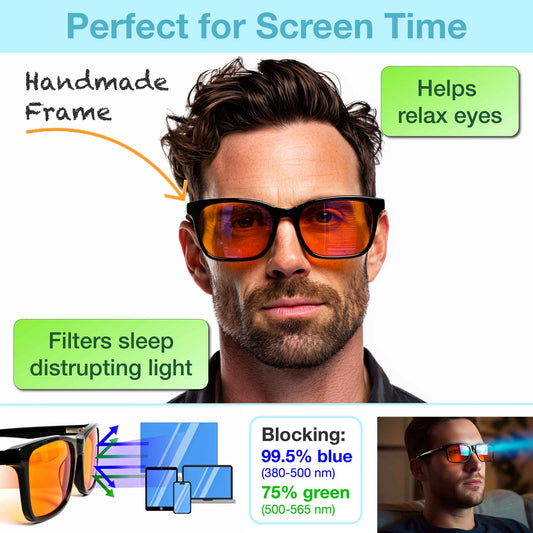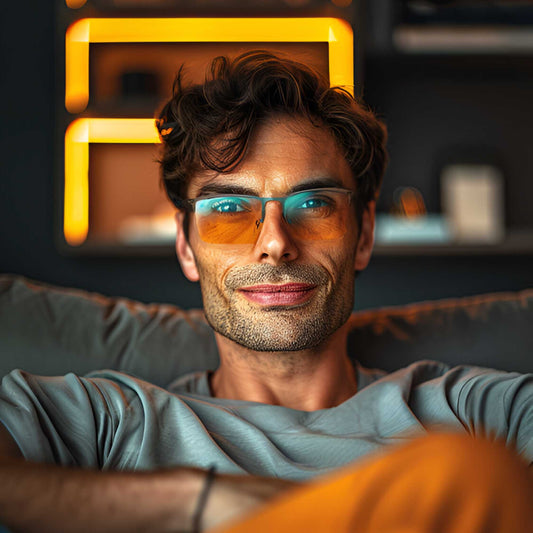(10 minute read)
Do you wonder why you feel so tired on a Monday morning? In this article, you will learn why going to bed later on the weekend can disturb your sleep quality. You will see how social jet lag is connected to your circadian rhythm and melatonin sleep hormone.
Do you go to bed and wake up later on the weekends?
The change in time of going to bed and waking up is referred to as social jet lag (SJL). This is something that risks disturbing your sleep quality, even if paying back some of your sleep debt can be in your favor. The urge to recover sleep from days of insufficient time in bed is understandable, and catching up on sleep on the weekends has been shown to help with improving your insulin sensitivity and losing weight. This may sound promising if missing the full picture: how your daily bedtime routine affects you long-term.
When looking to optimize your health, a strict time to go to bed has been shown to be vital. It is estimated that most of us are experiencing social jet lag for at least one hour per week. The rate of SJL you experience is up to how large the time mismatch is the night it occurs. You have a 24-hour biological rhythm, the circadian rhythm that dictates your natural time of going to bed and waking up. Depending on this inner clock, you are more or less in the risk zone for social jet lag. Studies have shown a strong correlation between SJL and your chronotype, with a later chronotype being related to more frequent social jet lag. Your chronotype is an expression of your circadian rhythmicity, which is related to genetic, physiological,and environmental factors such as diet, your daily light-dark cycle, sleep, and physical activity level.
Why is social jet lag is bad?
To repeatly going through a day-to-day shift in sleep timing with followed sleep deprivation due to forced alarm-wakening is a real risk for your well-being. You may recognize that feeling of not being able to fall asleep after a weekend of late nights. As for taking a flight to another time zone, this risks disturbing your sleep quality. Social jet lag and sleep deprivation go hand in hand in a world of early business hours that dictate when you have to wake up.
A large number of studies have connected the dots between frequent SJL and diabetes, depression, cognitive dysfunction, and heart disease. In addition, a strong correlation to obesity has been found; with greater calorie intake when in a state of social jet lag. When you are in a sleep-deprived state, hormones vital for hunger and weight control risk becoming unbalanced. This can lead to overeating and craving foods late at night, which have shown to be strongly connected to obesity and other diseases. This issue goes both ways, as overweight or obese persons show a greater likelihood of recurrent social jet lag than normal-weight individuals.
How to reduce social jet lag?
The expression of the clock gene that controls your preferred going-to-bed time and your chronotype can be slightly altered. This is excellent news as it indicates that you can adopt and maintain a healthy, newly set bedtime routine. As the first step in any sleep improvement program, I recommend setting a fixed time for going to bed. This will ensure that your body is ready for a night of restful sleep. As part of a daily sleep routine, it is crucial to allow enough time to get fully rested every night, adding extra time in bed if you often wake up unrefreshed. Make sure to adjust when you go to bed, so you get enough sleep to wake up comfortably before your alarm, that is, beating your alarm. This will ensure you get all the benefits of a great night's sleep, providing you with great focus and energy during the day.
Among all the factors contributing to social jet lag, late-night blue light exposure is a major one. With blue light flooding your eyes late at night, your level of melatonin sleep hormone is at risk of being suppressed and delayed. Studies have clearly shown that decreased exposure to blue light leads to better melatonin levels at night. As for harsh light, late-night working or gaming can interfere with getting into sleep mode, as the brain is stuck in a high arousal state. This holds to be true, especially for adolescents, who are often associated with excessive use of smartphones and computers, where sleep has been observed to be irregular and shortened, causing social jet lag.
So, to give your body the best foundation for restorative sleep, make sure to turn off and put away all your digital devices at least one hour before bedtime. If you want to stay connected until late at night, I recommend starting to use blue-light-blocking glasses for sleep improvement. This type of glasses gives you the option to watch a movie or play games without disturbing your sleep.
To start your journey to better sleep today, read our 8-point sleep guide. In this guide, you will find some of the best ways to improve your sleep, and it is easy and totally free. The guide contains all the sleep tips from this episode for your reference and is ready to be shared with the world.
I hope you got something valuable from this article—aimed at giving you a quick overview of social jet lag and its impact on your sleep. Let us educate others about the dangers of blue light and the easy way to manage our daily light consumption.
Click on the share links below to help others improve their sleep naturally.
Happy Deep Sleep,
Oskar Eriksson, M.Sc.
Founder of THL Sleep























